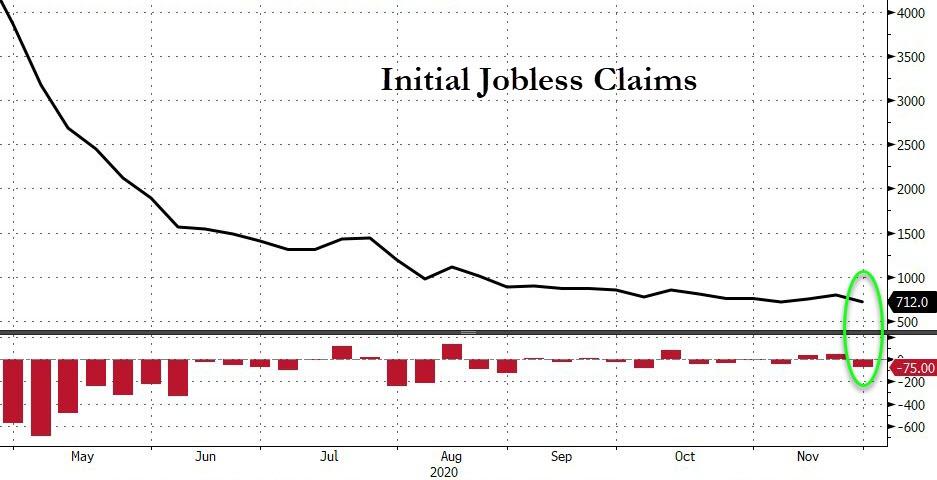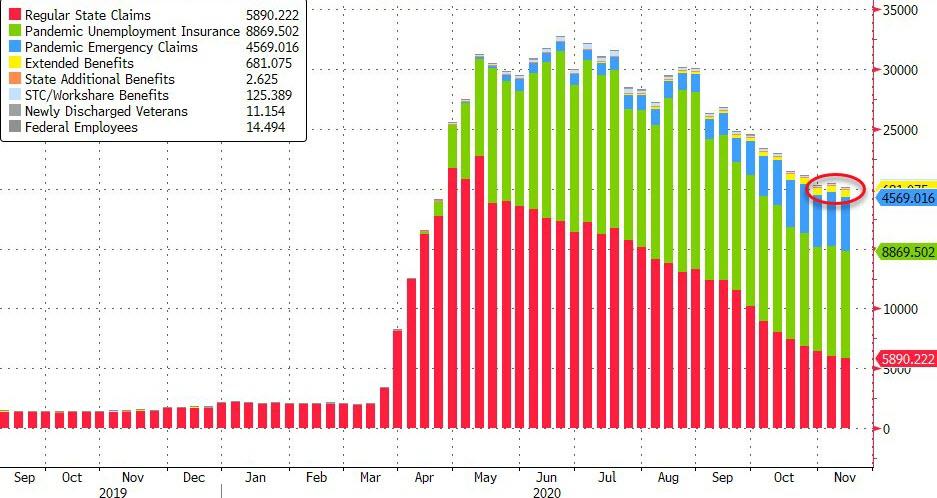From Bauer v. Brinkman, decided Monday by the Iowa Court of Appeals (in an opinion by Judge Paul Ahlers, joined by Chief Judge Thomas Bower and Judge David May):
The Kendall R. Bauer Trust owns an apartment building in Sloan, Iowa, known as the Bauer Apartments. The trustee of the trust, Richard Bauer, … manages the apartment building. K.L. … owns and operates a dog grooming and boarding business. As part of that business, she began construction on a dog care facility in a lot adjacent to the Bauer Apartments.
During the course of the construction of the dog care facility, Bauer contacted K.L. to express concerns that the outdoor “dog run” may become a nuisance issue and could be in violation of Sloan’s zoning ordinance. Bauer also contacted the Sloan city council about his concerns. When his concerns were not addressed to his satisfaction, Bauer filed suit against the city, alleging the city failed to enforce its zoning ordinances.
During the pendency of Bauer’s lawsuit against the city, K.L. took to airing her disgruntlement with the situation on Facebook, posting comments about Bauer, Bauer Apartments, and the dispute regarding construction of the dog care facility. K.L.’s adult daughter joined the Facebook fray, as did the defendant, Bradley Brinkman. It was Brinkman’s commentary that resulted in this lawsuit, as Brinkman posted the following comment:
It is because of shit like this that I need to run for mayor! Mr. Bauer, you sir are a PIECE OF SHIT!!! Let’s not sugar coat things here people, [K.L.] runs a respectable business in this town! You sir are nothing more than a Slum Lord! Period. I would love for you to walk across the street to the east of your ooh so precious property and discuss this with me!
Bauer filed suit against Brinkman alleging Brinkman’s statement that Bauer is a “slum lord” constituted libel….
Drawing the line between opinion and fact … is important because opinions are “absolutely protected under the first amendment.” Because drawing this line involves important first amendment issues, its determination is one for the court rather than the fact finder…. To make this determination, courts look to four factors: (1) whether the “statement ‘has a precise core of meaning for which a consensus of understanding exists or, conversely, whether the statement is indefinite and ambiguous'”; (2) the degree to which the statement is “objectively capable of proof or disproof”; (3) “the context in which the” statement occurs; and (4) “the broader social context into which” the statement fits.
We begin our analysis of the first two factors by noting that the term “slum lord” is not defined in Brinkman’s Facebook post. Nevertheless, a legal dictionary defines the term to mean, “A real-property owner who rents substandard housing units in a crowded, economically depressed area and allows the units to fall into further disrepair, esp. while charging unfairly high rents,” or simply “the owner of any run-down rental property.” …
While slum lord is capable of a definite meaning, its appearance in Brinkman’s comment is vague enough that a reader of the post would be left to use his or her own definition, which would result in the term meaning different things to different people. This indefiniteness as to the meaning of the term cuts against a conclusion that it was a statement of fact. Further, the above definitions are not particularly capable of objective proof or disproof ….
Additionally, Brinkman’s comment that Bauer is a “slum lord” followed on the heels of calling Bauer a “piece of shit.” While understandably offensive and insulting, this type of name calling is generally not actionable….
“The common law has always differentiated sharply between genuinely defamatory communications as opposed to obscenities, vulgarities, insults, epithets, name-calling, and other verbal abuse. It has thus been held that a libel does not occur simply because the subject of the publication finds the publication annoying, offensive, or embarrassing. …
“No matter how mean or vulgar, such language is not defamatory. It is not defamatory, for example, to call someone a ‘bastard,’ or a ‘son of a bitch,’ or an ‘idiot.’ No matter how obnoxious, insulting, or tasteless such name-calling, it is regarded as a part of life for which the law of defamation affords no remedy.”
Given the nebulous nature of the term “slum lord,” standing alone as it was in this case, the first two factors cut in favor of the statement being that of opinion rather than fact.
Having determined the first two factors cut in favor of finding Brinkman’s words to constitute nonactionable opinion rather than fact, we turn to the last two factors. These factors cause us to consider the fact that Brinkman’s statement was made on Facebook and the context within which it was made on that social media platform in determining whether the statement was opinion protected by the first amendment….
The statements were made by adding to a chain of comments started between private individuals expressing disgruntlement over Bauer’s dispute with the city regarding K.L.’s dog care facility. The message chain was not related to a news account or any other form of communication that purported to be fact based. Instead, it was clearly an exchange of opinions about the topic at hand. Brinkman’s comments did not purport to interject facts to the discussion, but, instead, merely added to the string of expressed opinions. The comments focused on the dispute over K.L.’s dog care facility and not on Bauer’s rental property.
We conclude that anyone viewing Brinkman’s comments would have viewed them as nothing more than expressions of Brinkman’s opinions, rather than a declaration of facts. Viewed in this context, the last two factors of the analysis join the first two factors in cutting in favor of a finding that Brinkman’s statements were opinions rather than facts.
To be clear, we are not saying that statements made on Facebook or other social media forums cannot be defamatory as a categorical rule. Rather, we are acknowledging that, when alleged defamatory statements are made on a social media platform, the forum in which the statements were made is a contextual factor to consider in determining whether the statements are an expression of opinion or fact. In this case, we find the context of the postings on Facebook contribute to the conclusion Brinkman’s statements were those of opinion and are thus protected by the first amendment….
Quite right, I think.
from Latest – Reason.com https://ift.tt/36F8J4t
via IFTTT













